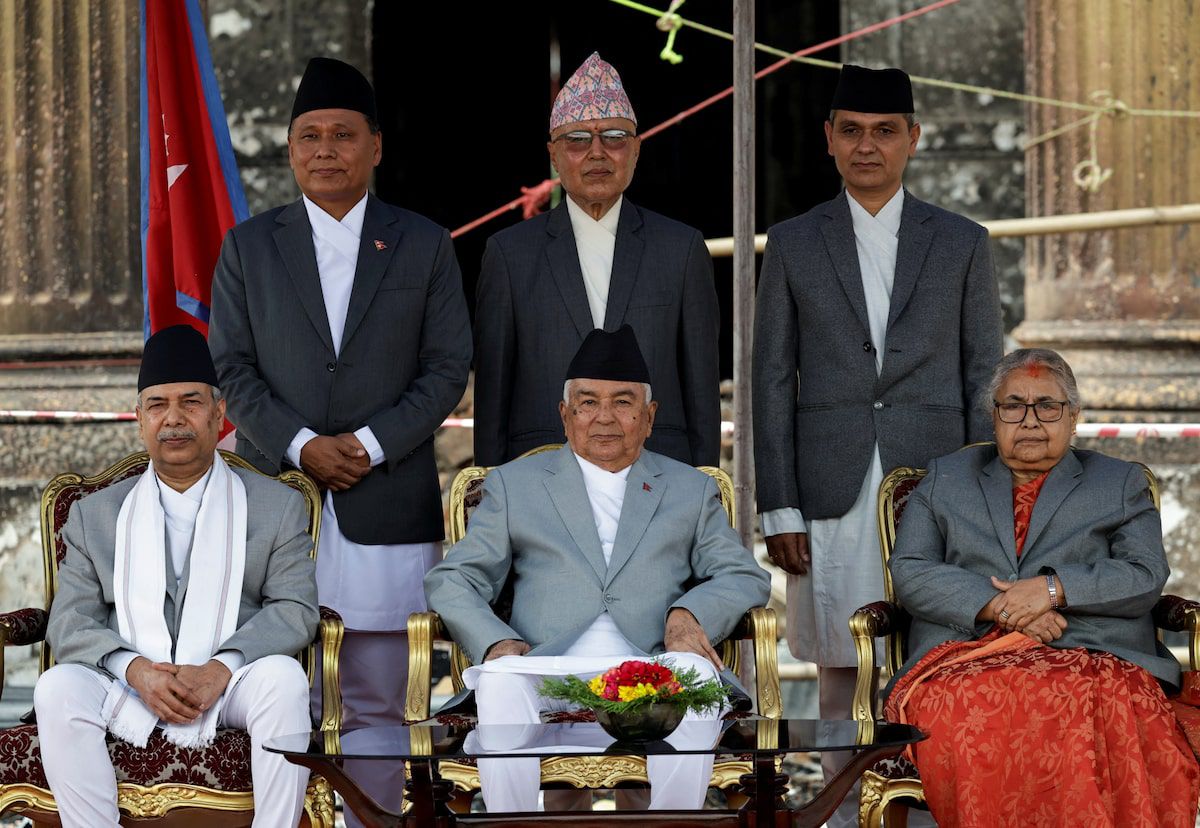Nepal’s interim Prime Minister Sushila Karki has on Monday sworn in three ministers as the country reels from mass, youth-led protests that forced the resignation of the previous administration.
The appointments mark the first concrete steps by the new interim government to restore order and prepare for fresh elections.
The former CJ, who was sworn in as interim prime minister last week and became Nepal’s first female leader, administered the new cabinet appointments at a brief ceremony held against the backdrop of fire-damaged state buildings.
Karki has been tasked with steering the country toward national elections scheduled for March 5, 2025.
The three ministers chosen for the interim cabinet include figures with reformist and anti-corruption credentials. Rameshwore Prasad Khanal, a former finance secretary noted for economic reform work, was named finance minister; Kulman Ghising, the ex-chief of Nepal’s power utility credited with fixing chronic electricity shortages, took the energy portfolio; and human rights lawyer Om Prakash Aryal was appointed home minister.
The new team is expected to focus on immediate stabilization, rebuilding damaged infrastructure, and setting the stage for a credible electoral transition.
The appointments come after a week of violent demonstrations sparked by anger over alleged corruption and a brief internet blackout.
Authorities say the unrest left scores dead and thousands injured; official tallies put the death toll in the dozens, with figures still rising as investigations continue.
The protests also saw government buildings and other institutions attacked, heightening the interim government’s urgent mandate to restore security.
Karki has publicly pledged to pursue anti-graft measures and to address protesters’ demands while preparing the country for elections next year on March.
International attention is focused on whether the interim cabinet can reconcile public demands for accountability with a smooth transition to elected rule, a test with implications for Nepal’s fragile political stability in a region where major powers closely watch developments.

